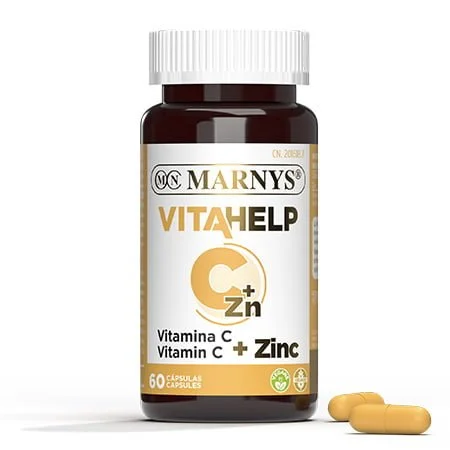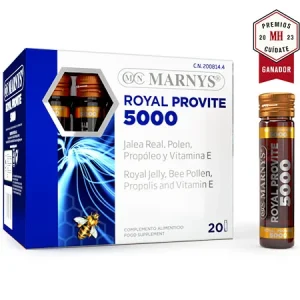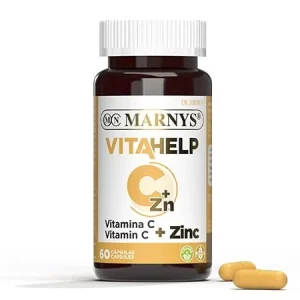? Ask us your questions
Share on social networks
FREQUENTLY ASKED QUESTIONS ABOUT DIGESHELP
TO KNOW MORE
What Does Vitamin C Do?
Vitamin C has a direct antioxidant capability and contributes to the protection of cells against the harmful effects of reactive oxygen radicals, for example, during immune activation or when our skin is exposed to sunlight.
In fact, our entire body has layers of fatty acids, especially the skin and intestinal, pulmonary epithelium, etc., which are prone to oxidation, with vitamin C playing a role in maintaining these structures.
Vitamin C is found in high concentrations in immune cells such as leukocytes, and in the skin.
In immune cells, such as leukocytes, its concentration is 50 to 100 times more than that found in blood, and this fact provides a significant role in maintaining phagocytosis activities and in regulating oxidation to counter potential aggressors.
What is the Use of Zinc?
Zinc is a mineral that plays essential structural, regulatory, or catalytic roles in many enzymes.
- It maintains the configuration of several proteins such as insulin and thymulin (with an immunological character).
- It facilitates the binding of hormones to tissues or organs where they will exert their activity, and can maintain the integrity of biomembranes.
Therefore, Zinc participates in the mechanisms and control of the main metabolic pathways involving proteins, carbohydrates, nucleic acids, and lipids.
What Are the Benefits of Taking Vitamin C with Zinc?
Vitamin C and Zinc are essential nutrients and play important roles in nutrition and in maintaining human welfare. Both have profound effects on cellular growth and differentiation and are key for the optimal functioning of the immune system.
Both vitamin C and zinc protect the physical barriers of the defence system, especially the skin, and this synergistic effect significantly helps to keep the skin structure intact thus preventing the penetration of foreign agents. Likewise, the combination of this vitamin and mineral creates an environment of greater efficiency in the production and activity of immune cells (such as white blood cells), against "foreign bodies".
Refrances
- European Food Safety Authority (2006). Tolerable Upper Intake Levels for Vitamins and Minerals.
- Scientific Opinion on the substantiation of health claims related to zinc and function of the immune system. EFSA Journal 2009.
- Olechnowicz, J. et al. (2018). J. Physiol Sci.
- Wintergerst, E. S. et al (2006). Immune-Enhancing Role of Vitamin C and Zinc and Effect on Clinical Conditions. Ann Nutr Metab.
- Ball, G. F. M. (2004). Vitamins: Their Role in the Human Body.































Reviews
There are no reviews yet.